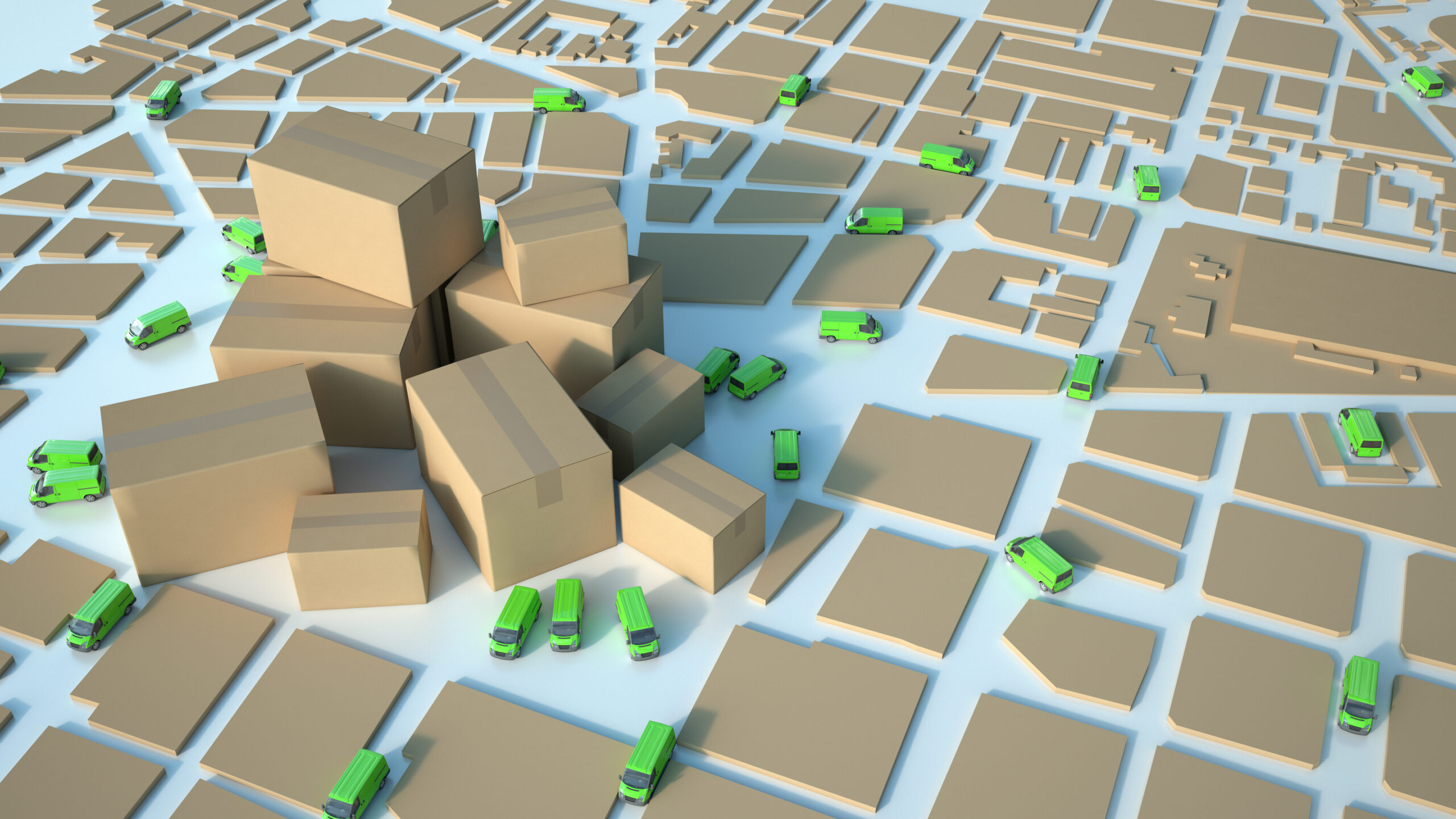A neighbour worth its weight in gold

What residents soon to neighbour a warehouse development most often fear is more noise traffic and pollution as well as less attractive views from their windows. An experienced developer knows how to make sure these fears never materialise and develop mutually beneficial relations with local communities.
Furthering sustainable development and meeting the goals it sets out, or ESG (Environmental, Social, Governance), are most often associated with questions of the environment and the climate, but in the real estate market, social questions and community relations can often be a more urgent issue. For this reason, developers have to pay attention to the total effect they have on their surroundings if they want to grow stably and responsibly, and this includes their impact on society, the environment and the wider economy.
This also works the other way around – we have to take into account what effect our surroundings will have on our operations and our projects, on our tenants and our investors not just now but over several years. It is also for this reason that care for the interests of local residents and their communities is so important to us on many different levels.
A two-way street
If nearby where a developer is working on a project, there is no access road or bus stop that local people need, we will put in every effort to help them. We build more than just permanent structures, we build long-term relations with our neighbours. Their problems are our problems since we don’t operate in a void and we are not an isolated entity. When we start a project on a site, we become a new member and beneficiary of the community in the area.
The residents in their turn are the beneficiaries of the project we develop – often taking jobs in the new offices and warehouses. They can also benefit from the innovative solutions and infrastructure built as part of the development.
We are heading towards the development of self-sustainable warehouses, which are however also beneficial to local biodiversity and the retention of water, not only on our site but for the entire area. Our buildings are designed to be friendly to their surroundings and non-invasive, both visually and in regard to their operations. The façades fit in with their surroundings and our designers take into account at the very start of the design stage the needs of local residents and the potential risks they face.
Additionally, we help investors and tenants, who expect this, to identify with their neighbours and build up good relations with them. This kind of communal work can include support for local schools and sports clubs as well as the installation of fittings to play down the presence of the centre and improve the given circumstances of a particular area by setting up sound barriers, anti-smog towers or dust-free surfaces.
Looking to the future
The times when warehouses could only be found next to large road junctions have passed. Warehousing centres are now appearing in new formats and places and particularly closer to the centres of towns and cities, Under such circumstances, local communities and their needs are not the same and it is often the case that you have to plan how you are going to work with them completely differently.
It is often the case that a warehouse developer in a town does not so much give life to an area but brings it back by bringing in workers and consumers and this opens up possibilities to work with local people and the businesses that already exist. To work with communities in such urban locations requires more flexibility and innovation because the sites are often of limited size and shape and the building density is higher so there are more neighbours and higher expectations for a developer’s ESG activities. This, however, does not necessarily mean more effort or work as long as you have already taken into account the needs, the doubts, and the potential of the local community at the planning stage. And this is exactly how we operate.
We never develop our plans at the cost of our surroundings. We are bound by our responsibility to every interested party, be they clients, investors, workers, contractors or members of the local community.






